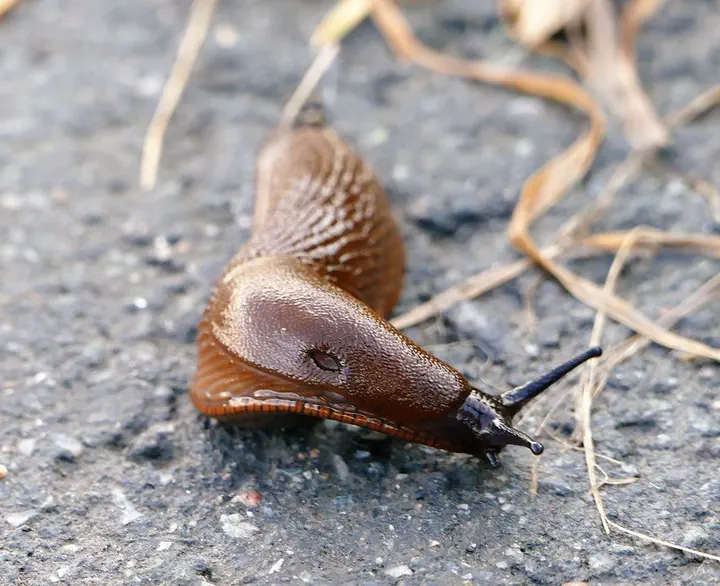Do microbes help invasive species?

We explore how microbial partners may contribute to the success of invasive plants and insects in new environments.
Invasive species—whether plants or insects—can dramatically alter ecosystems, often outcompeting native species and disrupting natural balances. One hidden factor that may contribute to their success is their relationship with microbes. These tiny partners, often overlooked, can provide key advantages that help invaders survive, thrive, and spread in new environments.
Our research investigates how microbes influence the success of invasive species across different biological groups. We study whether invasive plants associate with beneficial microbes that improve nutrient uptake or stress tolerance, and whether invasive insects harbor microbial partners that help them resist pathogens, digest new food sources, or tolerate environmental pressures. By comparing invasive and native species, we explore how microbiomes differ and whether these differences contribute to invasion success.
Understanding the role of microbes in biological invasions gives us new insights into why some species become so successful outside their native ranges. This knowledge can inform strategies for managing invasive populations and protecting ecosystems, while also revealing more about the intricate ways microbes influence the ecology of both plants and animals.